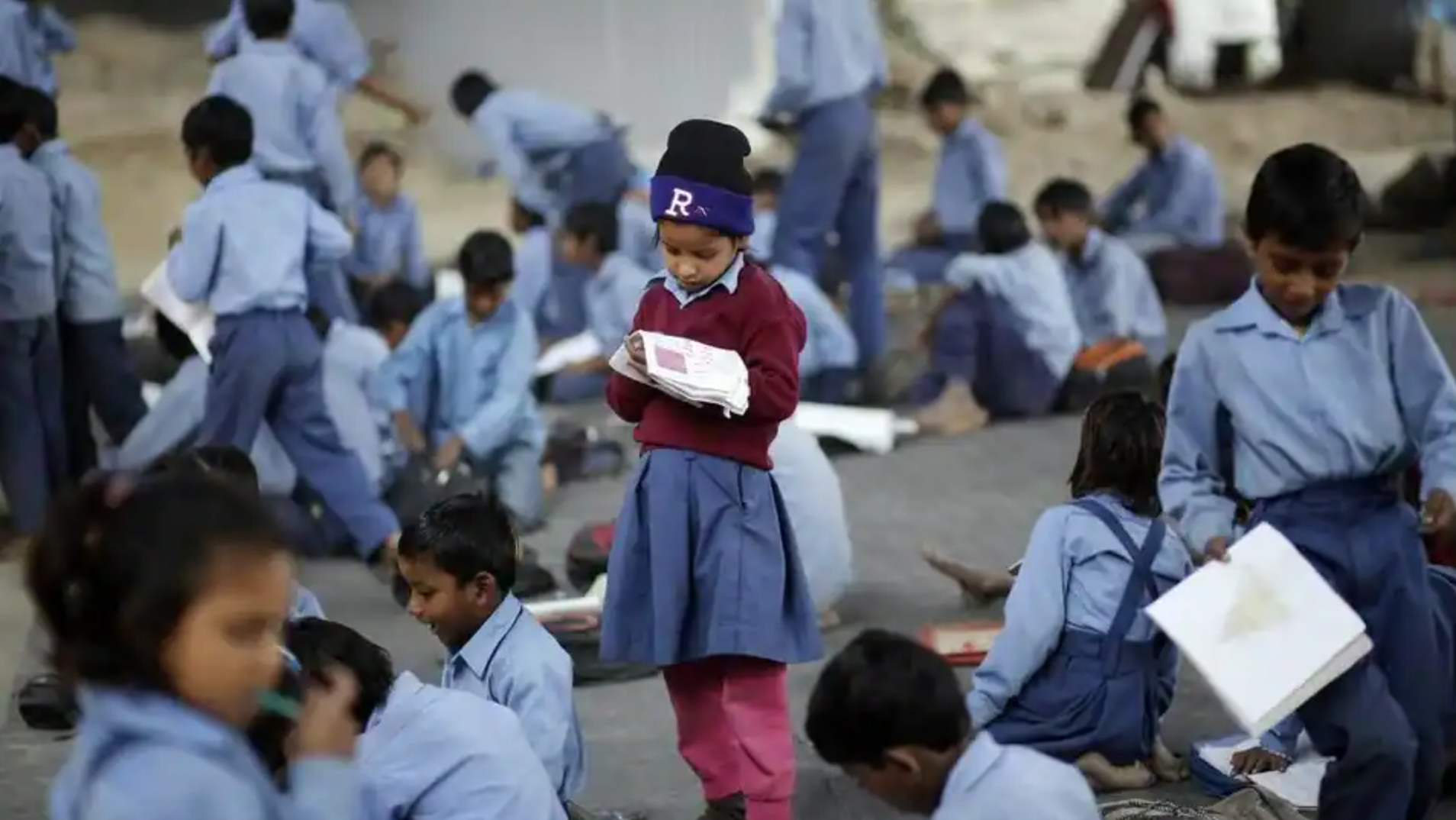Why are minority-run elementary schools in Bihar on verge of extinction?

Out of the total 108 minority-run schools in Bihar, 91 have been reportedly shut, while others are without required teachers.
Sami Ahmad | TwoCircles.net
BIHAR — Elementary schools in Bihar, managed by religious and linguistic minorities and philanthropic organizations, are on the verge of extinction as only 17 of the total 108 such schools are functional with 91 reported to be shut due to lack of teachers, the information sought from a right to information (RTI) request has revealed.
The information was provided by the primary education directorate of Bihar’s education department to RTI activist Shiv Prakash Rai of Buxar.
Shiv Prakash told TwoCircles.net that he received a copy of the information on March 25, signed by Shashwanand Jha, joint director of primary education. According to the information provided by the education department, six years ago Patna had fourteen functional elementary schools but today there are only three. These elementary schools are non-government aided schools. The teachers are appointed by the school management committee and are paid by the government. The elementary schools are government primary and middle schools (including aided by the state government and aided by minority schools) in which education is imparted up to the 5th or 8th standard.
The elementary schools which are closed include Sri Guru Govind Singh Sing Boys School and Sri Guru Govind Singh Girls School in Patna run by Gurudwara Prabandhak Committee.
Trilok Singh, joint secretary of Gurunanak Mission Centre, told TwoCirles.net that though the said schools are functional "due to lack of teachers, the teachers' study gets hampered as the committee is forced to hire ‘private teachers’ who are not paid by the education department."
In Patna, this reporter found out that some of the schools shown not operational in government data are functioning. One such school is Millat Urdu Middle School, Phulwari Sharif. Its secretary Abul Fazal Mohammad Bahzad said that he was surprised to not see his school on the list of functional schools. Similarly, Islamia Urdu Middle School is also running while government data maintains the school is shut.
According to Bahzad, aided minority schools have found it difficult to appoint teachers since 2007 after a departmental letter instructed that “Since the qualification, the process of appointment and approval is under consideration, any appointment shall be made only after a decision has been made.” After a long wait of nine years, the government issued the fresh guidelines making it mandatory to appoint only TET (Teachers Eligibility Test) qualified teachers. . Earlier only a B.Ed. degree was required.
Vina Shah is the headmistress of Baptist Mission School, Gaya which receives aid from the state government. For 200 students enrolled in the school, there are only two teachers against the sanctioned posts of seven. Shah said that, “Changes in rules by the department have made it difficult to appoint teachers. The school is being run with the help of some ‘private teachers’ and volunteers.”
“We have to arrange joint classes to keep the students engaged,” Shah lamented.
Sanjiv Kumar Singh is the acting secretary of Middle School Akauna, Punpun in Patna district which was closed due to the lack of teachers. His village has a primary school (up to class 5), a high school (after class 8) and a middle school (up to class 8) where he teaches. “Since there is no arrangement for the students of class six, seven and eight they are forced to go to a school which is seven kilometres away.”
State President of All India Majlis-e-Ittehadul Muslimeen (AIMIM) Akhtarul Iman expressed his shock over the closure of so many minority schools. He told TwoCircles.net that the closure of such schools “violates the constitutional rights of the minorities.”
“As these schools are being shut on one or the other pretext, it is hurting the minority students and they are not able to learn their language and religious teachings,” Imam said.
Imam blamed the minority welfare department for the failure to upkeep the school. “Being part of a welfare state, minority welfare department officials should have taken an interest to resolve the issue to ensure the appointment of teachers,” he said.
One senior official of the education department told TwoCirles.net that while it is said that a few officers in the education department targeted these schools on flimsy grounds “the community needs to fight for the restoration of these schools,” he remarked and added, “The management committee should also be made functional and transparent.”
AIMIM’s Imam said that his party will file a writ petition in the High Court if the government does not restore those schools and allow the appointment of fresh teachers.
Sami Ahmad is a journalist based in Patna, Bihar. He tweets at @samipkb
